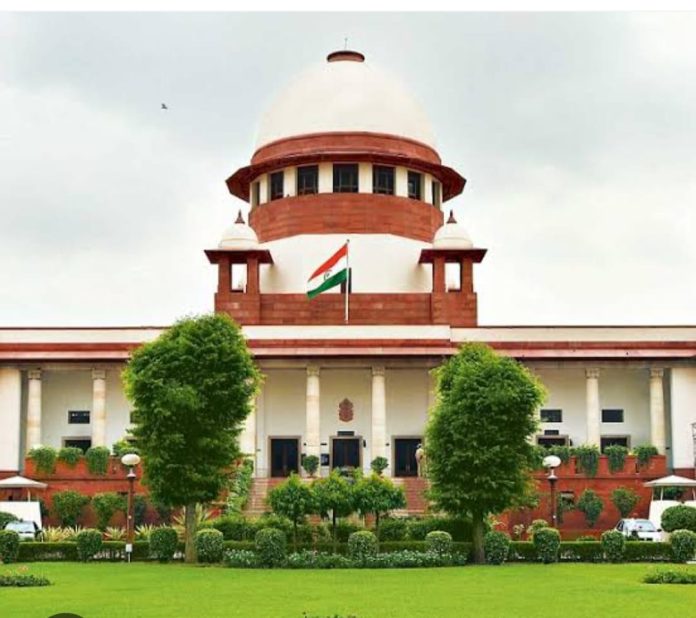The Supreme Court, while hearing on a plea seeking to prevent caste-based discrimination and segregation in jails, has directed all States and Union Territories to revise their jail manuals within three weeks and to try to eliminate any provisions that perpetuate caste-based discrimination in prisons.
The bench led by Chief Justice of India Chandrachud observed that treating prisoners without dignity is a colonial mindset which should be abolished and all prisoners should be treated humanely by jail officials irrespective of their caste.
“Distribution of manual work among prisoners on the basis of their caste hierarchy is discriminatory and unconstitutional,” the top court said.
The court also ordered that prisoners should not be allowed to clean sewers or tanks under hazardous conditions. The police were also directed to work earnestly to address cases of caste-based discrimination.
The bench reiterated that prisoners of certain classes have the right to fair distribution of work in jails and ordered states to amend objectionable rules within three months. The court also noted that selecting sweepers based on their caste is contrary to substantive equality.
In January, the apex court had sought responses from the Centre and 11 states, including Uttar Pradesh and West Bengal, on a plea filed by Sukanya Shantha, a native of Kalyan, Maharashtra. The plea highlighted that jail manuals in these states discriminate in the allocation of work inside prisons, with an inmates’ caste determining their lodging and work assignments.
The plea also cited examples from Kerala Prison Rules and West Bengal Jail Code, which lay down distinctions based on caste and habit, such as assigning cooking work to dominant castes and sweeping work to particular castes.




